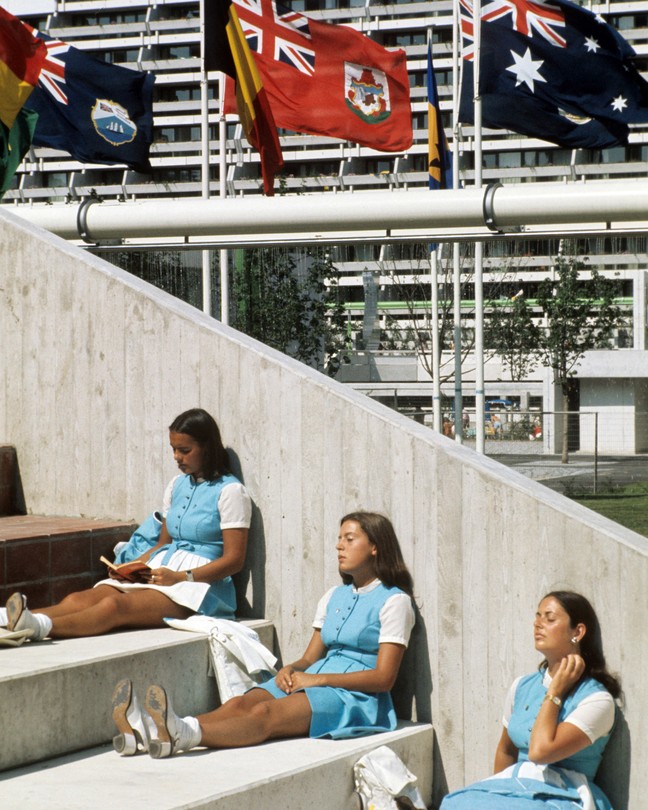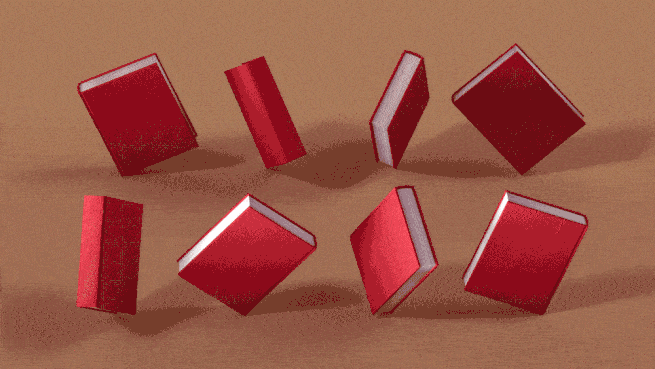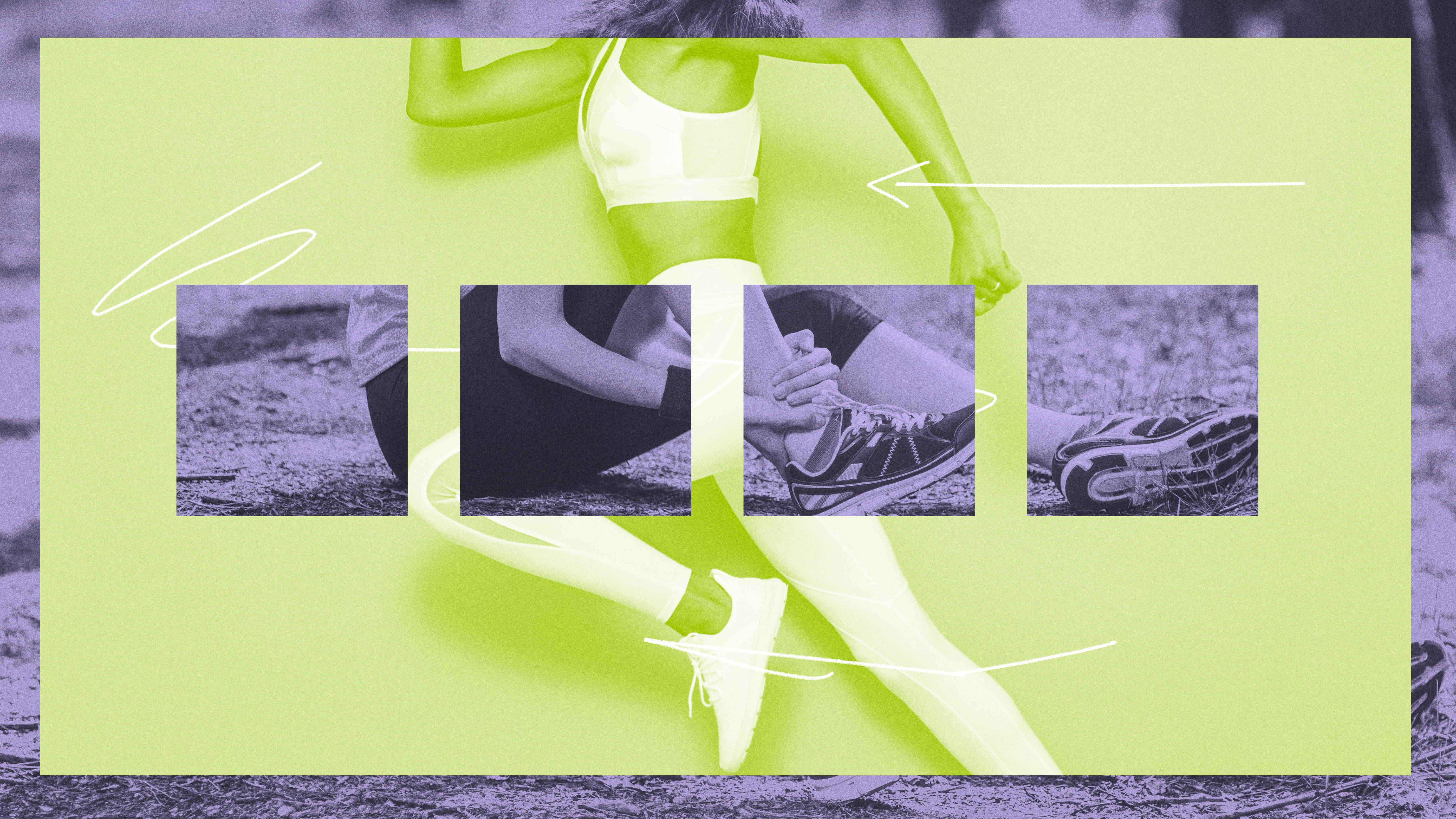The Best Books for the Olympics
4 min read
This is an edition of the Books Briefing, our editors’ weekly guide to the best in books. Sign up for it here.
This week, I’ve been engaging in a high-stakes round of planning. The flurry of text messages lighting up my phone will dictate how my next two weeks will go, and my window for solidifying the logistics is closing swiftly. I’m talking, of course, about the plans my friends and I are making for watching the Olympics at local bars: what events we’ll prioritize, which patios have the best TVs, and who’s free during key moments in Paris. (I’m partial, as I told one pal, to “gymnastics, swimming, women’s soccer, and horses.”)
But first, here are three new stories from The Atlantic’s books section:
- These Millennials can’t get out of their head.
- How do you solve a problem like Norman Mailer?
- “The Garden,” a poem by Grady Chambers
The Olympics can stir up sports fandom in the least jock-inclined out there by playing on a heady mix of patriotism, awe, drama, and spectacle. As Amanda Parrish Morgan wrote this week, “Athleticism, exercise, and sports all lend themselves to heightened narrative stakes.” Thankfully for the bookworms among us, she adds, “writers know this well.” Her list of books that will inspire you to move is useful all year, however. Alex Hutchinson’s Endure explores the evergreen question of how to determine—and reach—our physical limits; Julie Otsuka’s novel The Swimmers is a philosophical meditation on how water frees and transforms a group of people who are certainly not top competitors. In 2022, Carey Baraka also wrote about a different set of books sports fans should read: Romesh Gunesekera’s novel The Match literally narrates a high-stakes game—in this case, a pivotal cricket bout—and Nick Hornby’s Fever Pitch is a chronicle of the thrill and heartbreak of being a fan.
But there are also books that make great companions to the Games themselves. Sophia Stewart recently wrote about Vicki Valosik’s new history of artistic swimming, Swimming Pretty; this summer, the U.S. artistic-swimming team will compete in the Olympics for the first time in 16 years. Rita Bullwinkel’s novel, Headshot, follows a group of underdog women boxers—and the story “makes us into fans” of the scrappy competitors, Rowan Hisayo Buchanan writes. Readers can always pick up obvious choices too—something like The Boys in the Boat, about the gold-medal-winning U.S. men’s rowing team at the 1936 Berlin Games. And today, Michael Waters has collected a list of books that will deepen our understanding of the Games themselves. I think I’ll have some Olympic nonfiction in my bag as I cheer for the United States and Norway (a major perk of being from a dual-nationality family), but balancing heavy history with pure fun is important too. A friend of mine is reading Meryl Wilsner’s frothy soccer romance novel Cleat Cute, and I may have to borrow it when she’s done.

Eight Books That Will Inspire You to Move Your Body
By Amanda Parrish Morgan
Athleticism, exercise, and sports all lend themselves to heightened narrative stakes, and writers know this well.
Read the full article.
What to Read
So Many Olympic Exertions, by Anelise Chen
Athena is in her eighth year of an American Studies Ph.D. program, struggling to complete her dissertation. After she hears that her ex-boyfriend has died by suicide, just getting through the day becomes an act of endurance. Which is fitting, because Athena’s dissertation is about sports, and suddenly she can’t stop watching videos of marathon runners crossing finish lines in great agony. Written in propulsive segments that move seamlessly between fiction and nonfiction, the novel reads in part like a fascinating hybrid essay on the psychological impact of competition and the ubiquity of sports metaphors, which Chen points up to illustrate how much the mentality of never quitting, of winning at all costs, has seeped into our society’s obsession with achievement. By the end, forcing ourselves to finish things just to finish them becomes absurd—an invitation to reevaluate for those toiling on seemingly endless projects. “If Sisyphus were an athlete, he would have been the best,” Chen writes wryly, “the universe’s one standout stone-roller.” — Chelsea Leu
Out Next Week
📚 Someone Like Us, by Dinaw Mengestu
📚 The Horse: A Galloping History of Humanity, by Timothy C. Winegard
📚 The Missing Thread: A Women’s History of the Ancient World, by Daisy Dunn
Your Weekend Read

When Good Pain Turns Into Bad Pain
By Amanda Parrish Morgan
During the years I was dreaming of martyrdom, the future national champion Lauren Fleshman was a high-school athlete as well, on her way to becoming one of the most accomplished American distance runners in history. I knew her name from issues of Race Results Weekly, and I liked her because of her genuine smile and uncovered freckles. I also liked that her legs looked strong and her cheeks full—traits we shared … In 1996, Fleshman and I both watched 18-year-old Kerri Strug land her gold-medal-clinching vault on her already badly sprained ankle at the Atlanta Olympics, and we saw her coach carry her, childlike and unable to walk, away. For an athlete, this sort of pain, as Fleshman writes in her new memoir, Good for a Girl, was simply “what it took to be beloved.”
Read the full article.
When you buy a book using a link in this newsletter, we receive a commission. Thank you for supporting The Atlantic.
Explore all of our newsletters.



